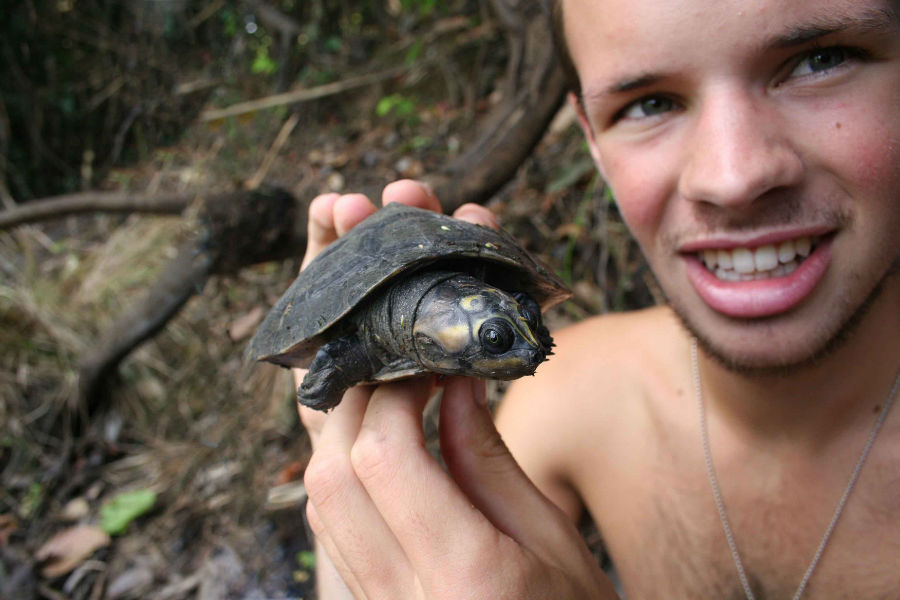When to blog and when to stop
It would be both foolhardy, misguided and a bit daft to believe that running this website was a selfless endeavor. That blogging about the ‘things I get up to’ were so noteworthy that the rest of the world needed to hear about them. In reality, I started this blog more for myself than anyone else. Here’s 7 ways that i try to keep it on track.
I started running a website having been on a couple of expeditions, they were reasonably life altering and I enjoyed talking about them (perhaps a little too much). I’d written about them lots of times, so a place to keep the stories and photo’s seemed like a good move. In the early days, no-one read them, so there was no risk of getting too full of myself.
Then three things happened: Having told lots of stories, I started to run out and repeat myself. Having seen a tiny portion of the world, it’s people, places and wildlife; I longed to see more. Lastly I realised, as romantically and ideologically flawed as it sounds, that I wanted to work hard at something worth doing. Because if a thing is worth doing, it’s worth doing badly until you can do it well.
So I tried to use what I had learned, embarking on new ventures, writing about them here as a foolproof way of holding myself to account in the knowledge that:
- If I talk nonsense, then friends would be the first to say.
- If it’s uninteresting, then no-one will read it.
- If I exaggerate, then the people I work with will pull me up.
- If I mention ‘trying to save the world’, I’ll lose credibility before I even had it.
- If I let ego get the better of me, then I’ve missed the point.
- If it stops being fun, then I’ll stop.
- If it turns out to be worthwhile, then I think I’ll carry on.
Better yet, it’s a way that everyone else can hold me to account. So go on then, how am I doing? Have your say in the comments below.
* * *


